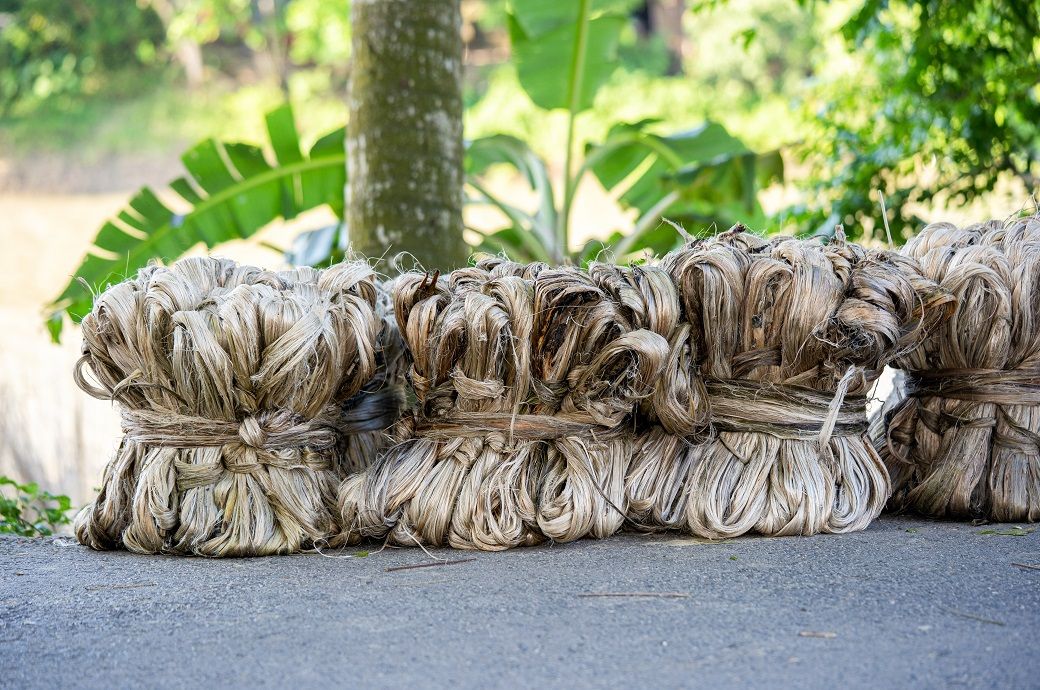
Raghavendra Gupta, chairman of the Indian Jute Mills Association (IJMA), told Fibre2Fashion, “The recent port restrictions imposed by India are a mixed development for our industry. While the restriction on the import of finished jute goods is a welcome move that will help curb unfair competition from heavily subsidised Bangladeshi exports, the restriction on raw jute imports—particularly through Petrapole—has caused serious concern. India depends on Bangladesh for nearly 6 lakh bales (approximately 1.08 lakh MT) of high-grade raw jute annually, essential for producing value-added export items. With the restriction on this raw material, raw jute prices have already risen and threaten to spike further, creating a supply bottleneck and disrupting production cycles across mills.”
IJMA has appealed to the government to exempt raw jute from these restrictions—particularly via Petrapole and other feasible routes such as the riverine route to TT Shed, Khidirpore. “We are engaging with the Ministries of Textiles, Commerce, and DGFT to resolve the matter urgently,” he added.
He further suggested that the restrictions should be extended to include woven fabrics of jute—whether bleached or unbleached—twine, cordage, rope, cables of jute, and sacks and bags of jute used for packing goods.
Meanwhile, mills are facing uncertainty. Some are attempting to realign procurement through alternate ports, but logistical and cost inefficiencies make this approach unsustainable. If the issue is not addressed swiftly, the supply shortage could lead to reduced capacity utilisation and even temporary closures.
Regarding opportunities arising from the restrictions, IJMA said the curbs on finished jute product imports present a chance for the domestic industry to recapture lost market share in both domestic and international markets. Indian jute products, which had lost ground due to dumping and subsidies offered by Bangladesh, now have a more level playing field. However, this opportunity can only be fully realised if raw jute supply is stabilised.
The restriction has led to sharp price spikes in raw jute in the domestic market. Mills are reporting volatility and rising procurement costs. If raw jute imports remain restricted, prices are likely to stay elevated, impacting the cost structure of finished jute products and jeopardising export competitiveness. Raw jute prices have been on an upward trajectory since early 2025, and the recent restrictions have further accelerated this trend. In some markets, prices have risen by ₹300–500 per quintal in just a few weeks. The industry anticipates further escalation if access to Bangladeshi raw jute is not restored.
IJMA stressed that it is vital for the government to reconsider imports of raw jute (HS Code 5303) through Petrapole and riverine routes such as TT Shed, Khidirpore. The government should also expedite trade remedial measures, such as anti-subsidy investigations against WTO-inconsistent subsidies offered by Bangladesh on finished goods like bleached/coloured fabrics and bags, to prevent misdeclaration.
According to sourcing intelligence tool TexPro, India imported 25.898 million kg of raw jute (HS Code 5303), valued at $21.594 million, during January–April 2025. Imports stood at 129.487 million kg ($88.619 million) during the full year 2024.
ALCHEMPro News Desk (KUL)
Receive daily prices and market insights straight to your inbox. Subscribe to AlchemPro Weekly!